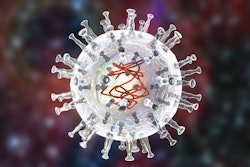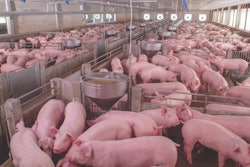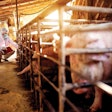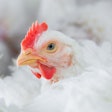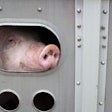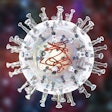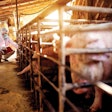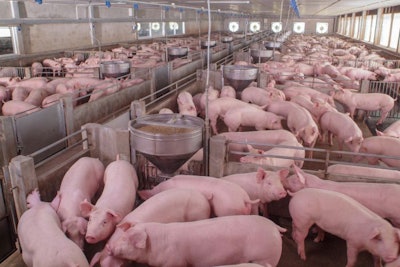
17 million-ton protein gap means the country faces a very long recovery
African swine fever (ASF) has created a protein shortage in China so big that it cannot be filled by other proteins, and the country faces a very long recovery, according to Brett Stuart, president of Global Agritrends.
During the webinar, “Global Protein’s Uncertain (and Certain) Future,” presented August 20 by Perstorp Animal Nutrition, Stuart said China’s protein deficit is 17 million tons.
“There is no protein supply in China or anywhere else on Earth that can fill that remaining 17 million tons … so the reality is, the Chinese are eating less,” he said. “They’re not going to starve; there’s plenty of food, they’re just eating way less pork than they’ve ever eaten before” and supplementing their protein needs with poultry, beef and seafood.
“The size of that gap, being that big, suggests that it is going to take a long, long time to ever recover that volume of production,” he added. “The longer that gap exists, the longer China’s pork prices stay very, very high.”
Good for producers, bad for consumers
This has created a situation that is very good for Chinese pork producers and very bad for Chinese pork consumers.
“What’s happening in China right now is, they’re breeding their market gilts – the prices are high enough. Prices for finished hogs, profit, is over US$380 per head in China. That is how short they are on pork,” he said.
There are large sow facilities being built in China, but Stuart said there is little investment in finishing farms.
“They’re building sow facilities. They can sell weaner pigs and make US$200 a pig,” he said. “No one is investing in finishing space. The finishing in China is done in little, tiny, small farms, and these big farms either sell the piglets or they contract them out. There’s very, very little integration in China.”
This leaves finishing up to small and midsize operations with fewer defenses against ASF because they share trucks and feed mills.
“They have no chance against ASF until there’s a vaccine, so the outbreaks will continue,” he said.
Economics vs. politics
The problem of protein shortage in China is not economic, he said. It’s political.
“They have a serious problem: They’re not a market economy, they don’t allow markets to trade freely, and they’re controlling imports,” he said. “The economic imperative to import pork has never been bigger in China.”
However, he added, “What you would think would be just a huge rush on U.S. pork is not. … They’ve just been buying less. Even though they need it, even though they’re out of pork, their consumers are seeing hyperinflation, they choose not to buy. They sit back and they restrict the flow.”
He said part of this is because of the ongoing trade dispute between China and the U.S.
“They’re an unstable trading partner, we’re in a trade war,” he said. “They need the protein, we need to sell it, but it’s a very volatile, unstable market.”
View our continuing coverage of the African swine fever outbreak.




